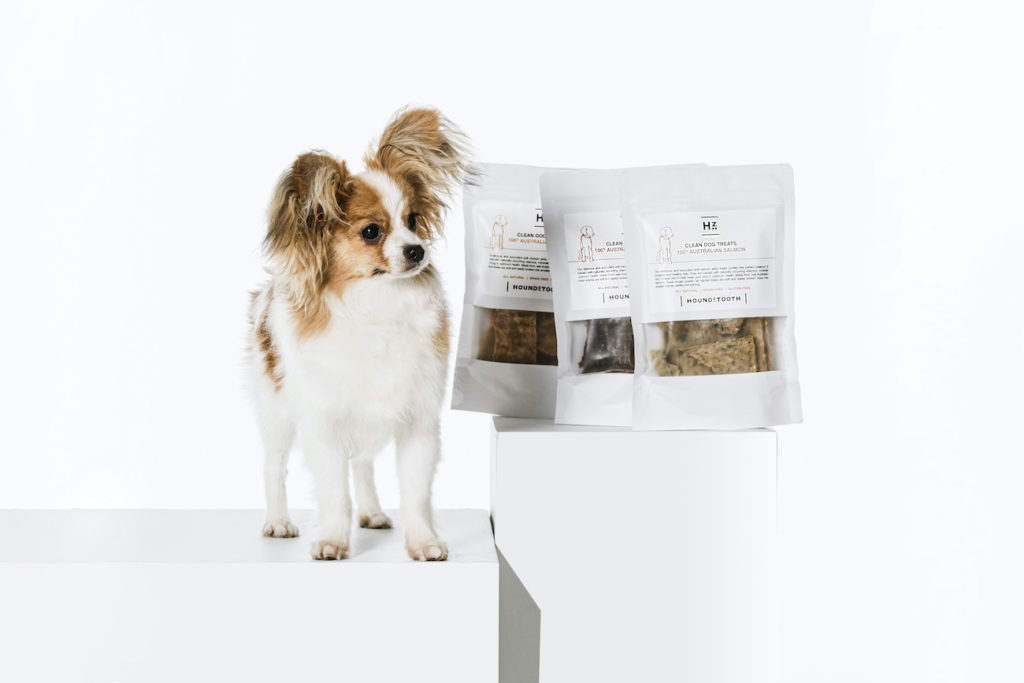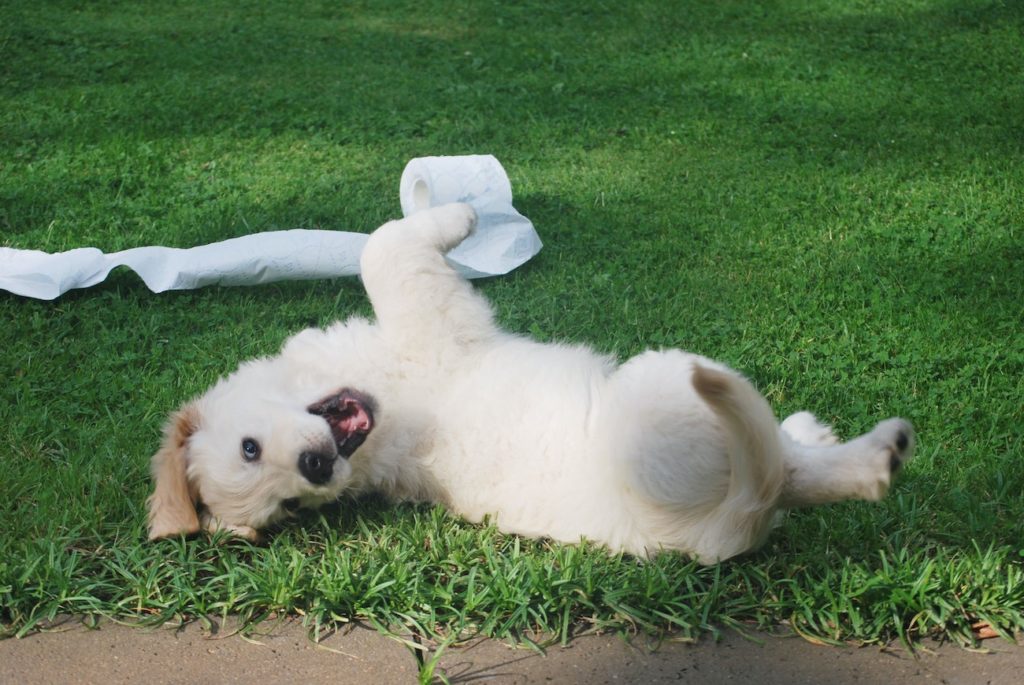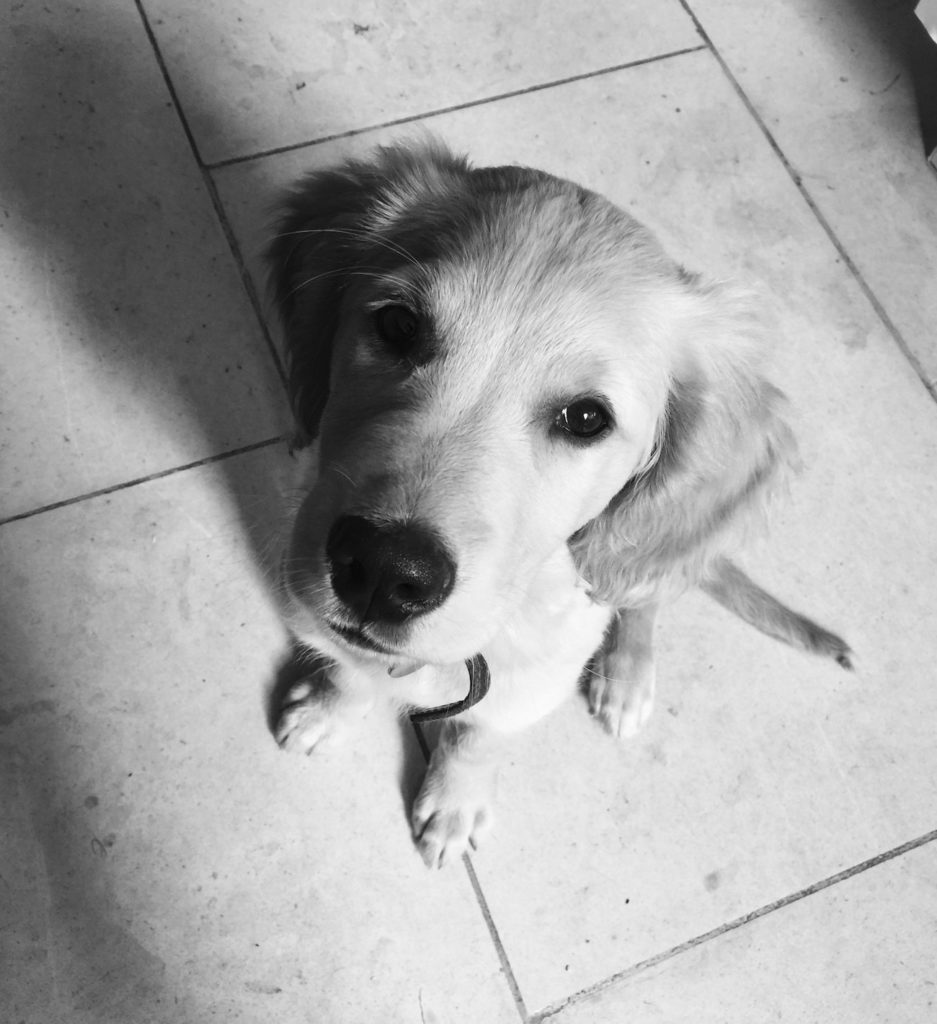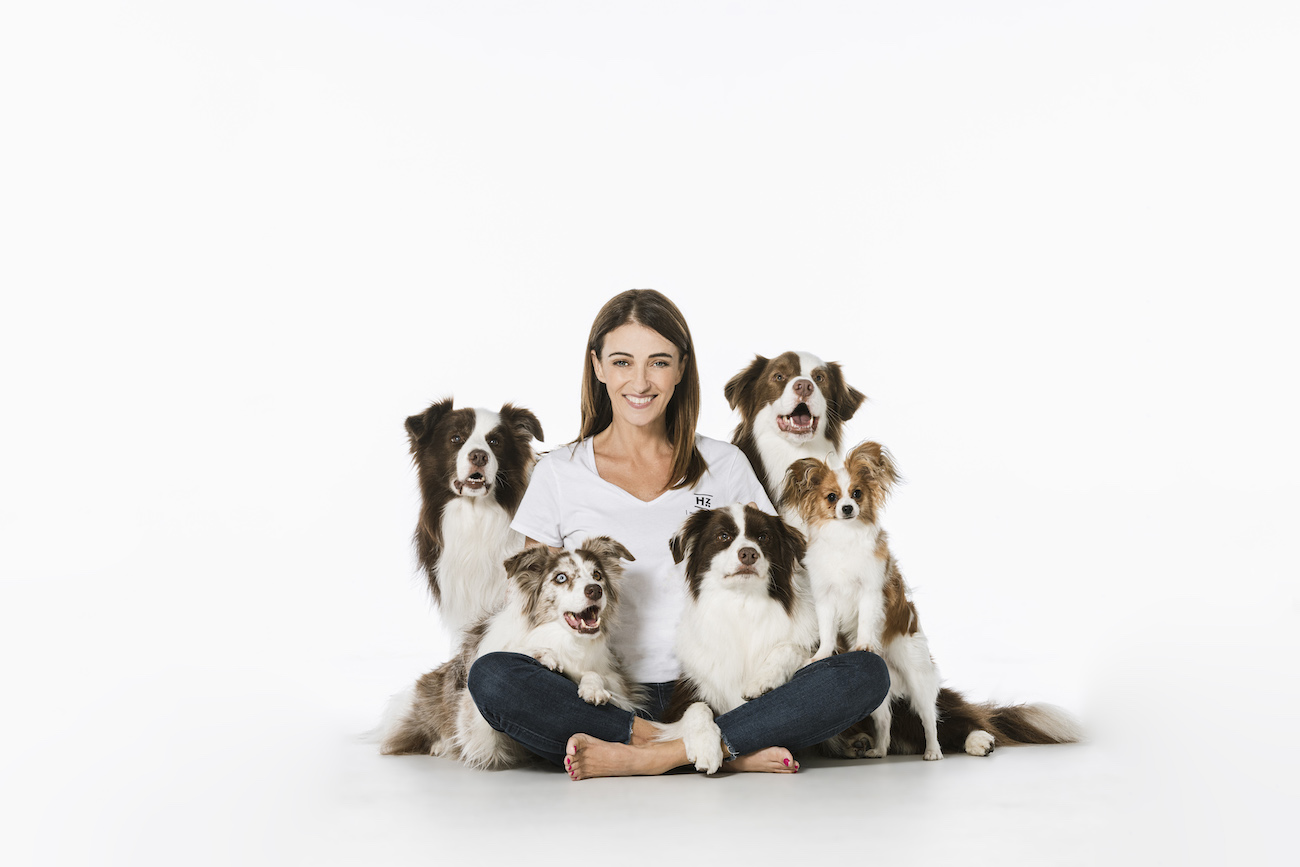Raising A Puppy During Home Isolation
Our Houndztooth brand ambassador, Dr. Katrina, shares her tips on caring for puppies during isolation
Since the new home isolation rules began across Australia, there has been a rise in the number of people welcoming a new puppy to the family.
While there is no doubt that a puppy will help alleviate loneliness and provide hours of comfort and fun, it is important to remember that our current situation will not last forever.
When raising a puppy in home isolation, you want to ensure that it will be a confident dog in the outdoors once the restrictions are lifted.
3 tips Dr. Katrina encourages all new puppy owners to focus on
1. Socialising
Puppies need to be socialised and introduced to as many sights, sounds and smell as possible during this time.
While practising safe social distancing, you can use your outdoor exercise time to expose your puppy to various new elements. These include vehicles driving by, kids on bikes and scooters, construction noises and different surfaces like grass, gravel and concrete.
When you take your puppy out socialising, take lots of training treats with you and reward them for calm behaviour whenever they see or hear something new. Always ensure your treats are broken into small, palatable-sized pieces for your puppy.

For example, if you see someone on a bike coming towards you, ask your puppy to sit and give them lots of treats and praise as the cyclist goes by.
To keep yourself safe and abide by the social distancing rules, do not let people stop to pat your puppy. Instead, continue to reward calm behaviour as different people walk, ride or jog by.
2. Alone time
Puppies need lots of companionship and playtime with you – that’s a given. However, preparing your puppy for occasions when it will be left alone is extremely important. Your puppy needs to learn how to occupy themselves when they are on their own.
If they currently have company all day, every day, they may develop anxious behaviour or separation issues when things return to normal. This could result in behaviours like chewing, barking or howling.

Prevent your puppy from following you everywhere, and avoid carrying them around all the time. This applies to all members of the house, including children.
Make sure your puppy has daily quiet time – ideally, through the use of a playpen or crate. When you are not actively supervising them, they should be confined. This will help teach them to be comfortable alone and prevent them from chewing, digging and toileting in the house.
Whenever you place your puppy into their crate or playpen, make sure they’ve had the opportunity to toilet first. Having something safe to chew on will keep them entertained and help to create a positive association with the confined area.
If you expect your puppy to spend time outside once you go back to work, then you must invest time in training them now so they will be comfortable in the outdoors in the future.
3. Training
With more time spent at home, you have more time available to train your puppy. Being in isolation means that you can start training your puppy from the minute you bring them home. Many trainers are even offering puppy classes online where you can learn and ask questions.
We recommend purchasing a treat pouch to wear whenever you are at home with your puppy, training your puppy or outside with them. This will free up both your hands and make treats easily accessible for a quick reward.

Puppies have short attention spans and it is important for you to keep training sessions to five minutes, two or three times a day.
Food Treats
When there are no distractions around, using a portion of your puppy’s everyday dry food will suffice for a reward.
However, when there are distractions, or you are teaching something new, you will need to use ‘high value’ treats such as small pieces of cooked chicken or cheese. Whatever it is, make sure that it’s healthy and smells really good to your puppy!
Work on all the basics such as sit, drop, stay and come (when their name is called). When training these commands, begin in a quiet environment and add distractions – like another person or noises – as time progresses.
We also recommend teaching your puppy to lie on a bed or mat when asked. Be sure to give lots of rewards when they do!
Remember, training should be fun. It provides mental stimulation for your puppy and will enhance the bond that you share.
Houndztooth’s dog treats are perfect for training!

